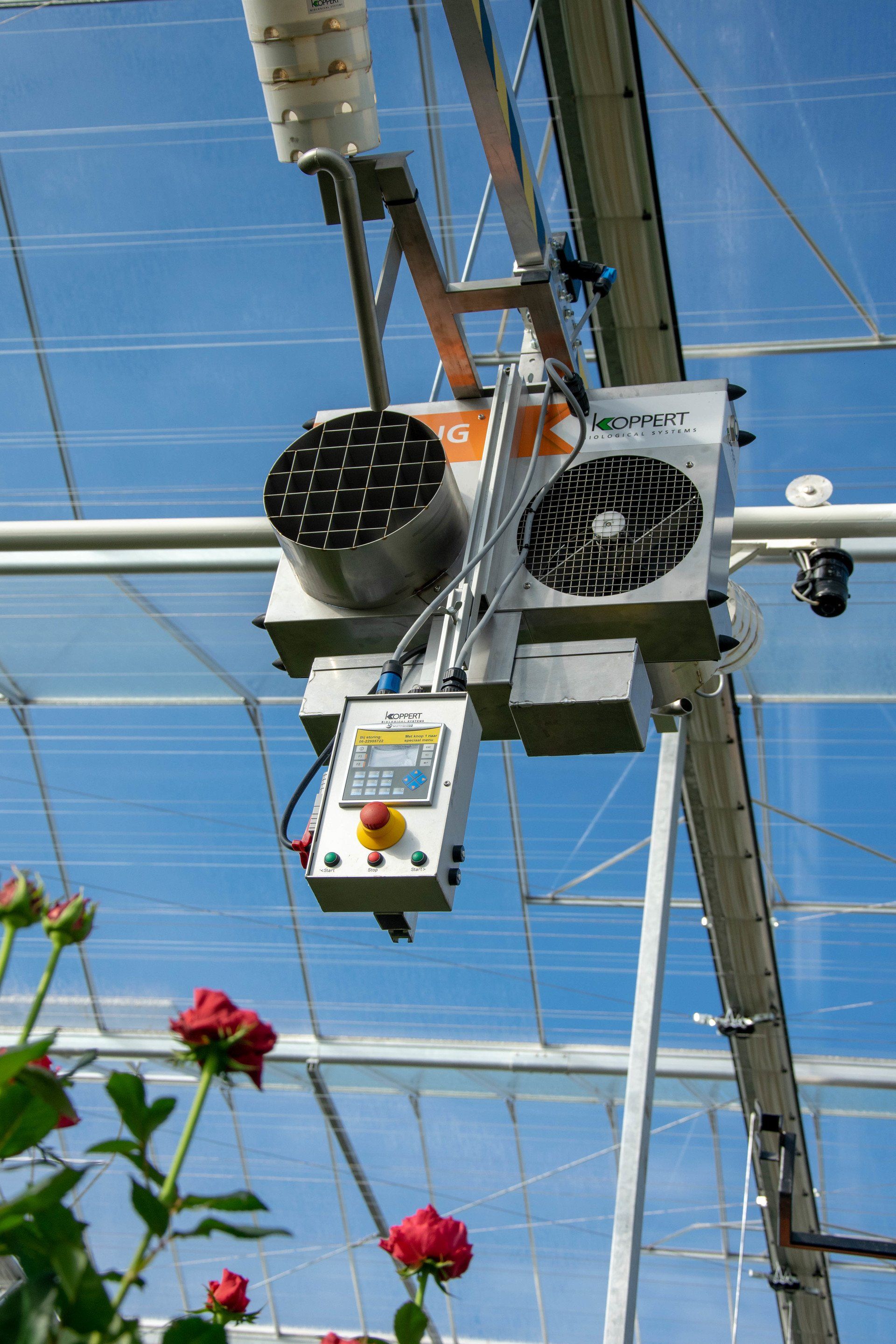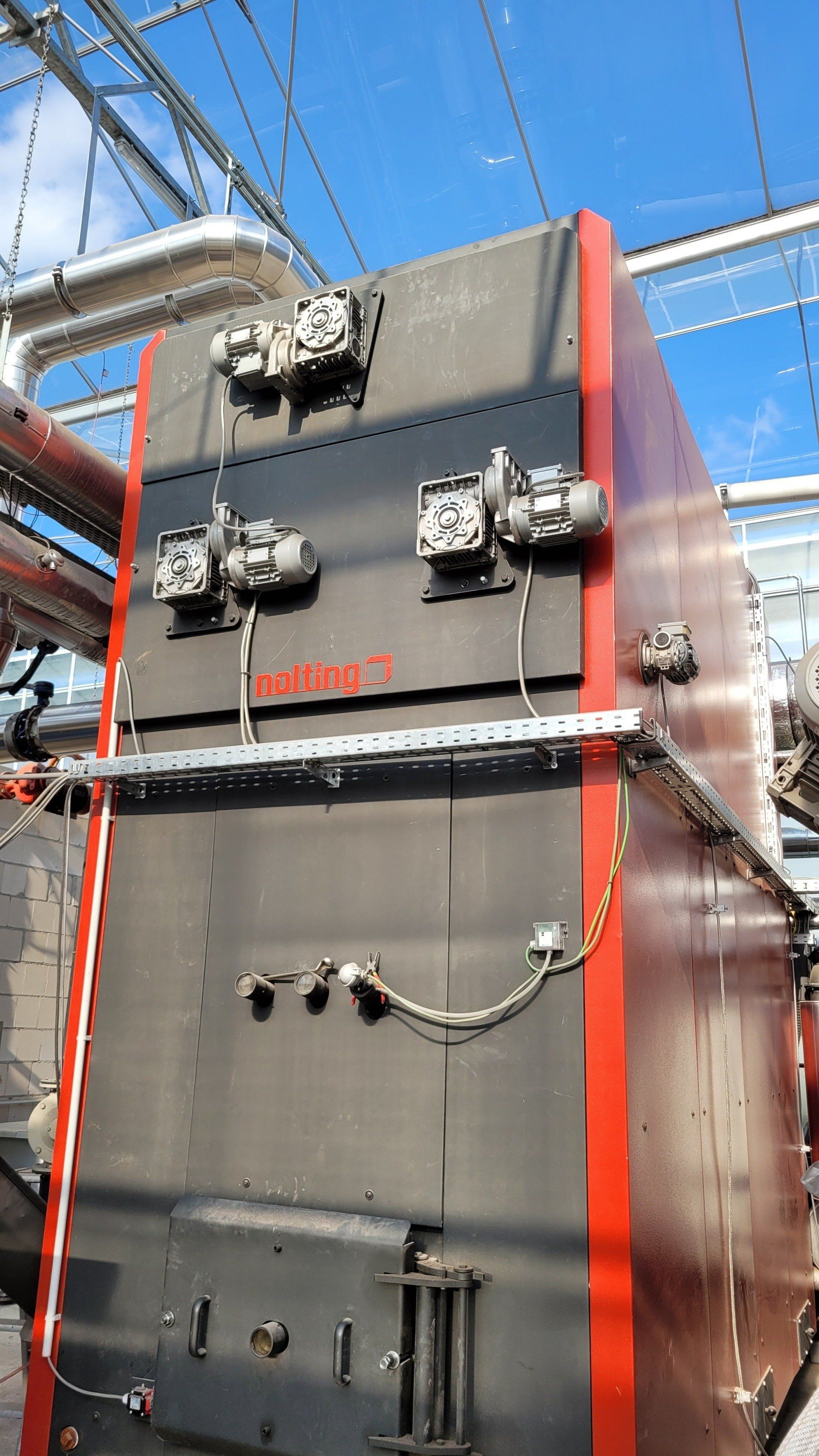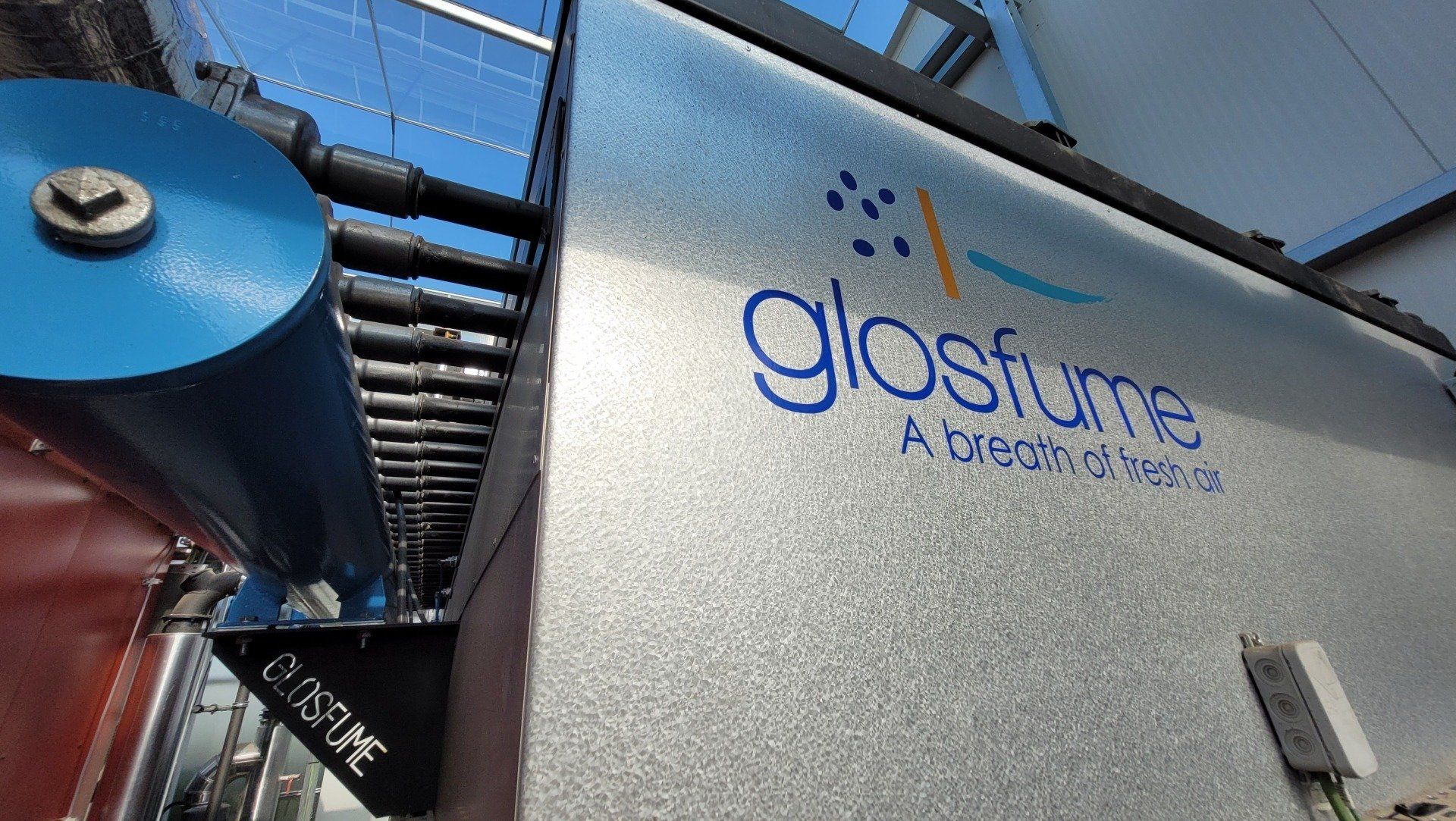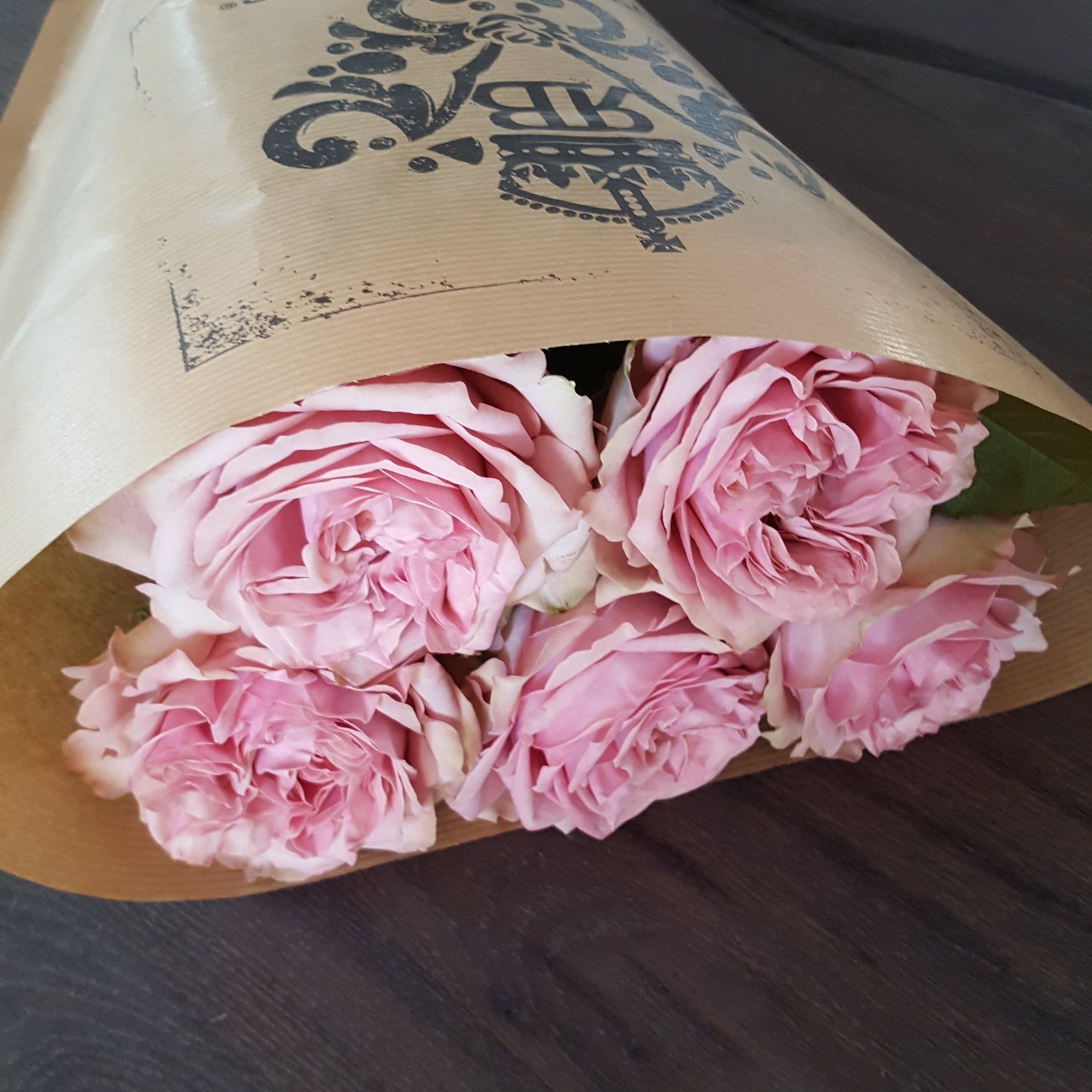Sustainability
Sustainability at production of consumer goods has gained more and more relevance in the last few years for both, for trade as well as for end-consumers. Even in the horticulture, this development does not stop and gets more and more important. Wans Roses stands for sustainable and CO2-neutral production of premium cut roses for the special occasions in life. The following four topics are of particular importance for us.
Energy supply:
In order to ensure optimal growth conditions for our cut roses, which grow exclusively in modern greenhouses, we need a considerably high amount of heat. As of 2022, we use wood chip boiler as heating method. By using this technology, we are able to cover our heat requirements in a sustainable way. By doing this, we reduce our C02-emissions by 3,120 tons per year.
Our operational electricity requirements for machines (such as sorting machines, pumps, etc.) and for our cold storage we cover almost exclusively with our own photovoltaic system.
This means that our regionally grown roses have a better CO2 footprint than those imported from overseas (mostly Kenya, Ethiopia, Colombia and Ecuador) by airfreight.
Plant protection:
Roses must be protected against the infestation of pests (such as the spider mite, the flower buds and the white fly). For this purpose, we primarily use biological plant protection by using beneficial organisms, such as the predator mite and the creeping weevil, which act as natural enemies of the pests.
Wastewater recycling:
In former times, the wastewater that was not absorbed by the plants was returned to the groundwater in septic tanks. In 2018, we decided to invest in a wastewater recycling plant. With the help of UV radiation, this system cleans the wastewater, which after cleaning is stored in large water basins and can be 100% reused. This has several ecological and economic advantages: (1) our water usage is reduced by about 35%, (2) the fertilizers no longer get into the groundwater and (3) the nutrients and fertilizers can be reused.
Ecological packaging:
Since 2019, we pack our roses in paper bags instead of the previously used plastic bags. The paper bags protect the roses (to the same extent as the plastic bags) against transportion and handling damages on their way to the florist, but they are much better biodegradable than the plastic bags. The paper from which our bags are made, is certified by the organization "FSC", which aims to promote environmentally friendly, socially beneficial and economically viable management of forests.














